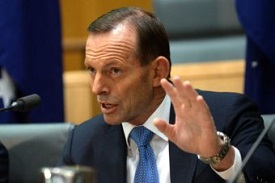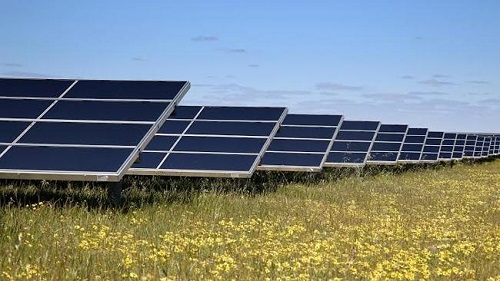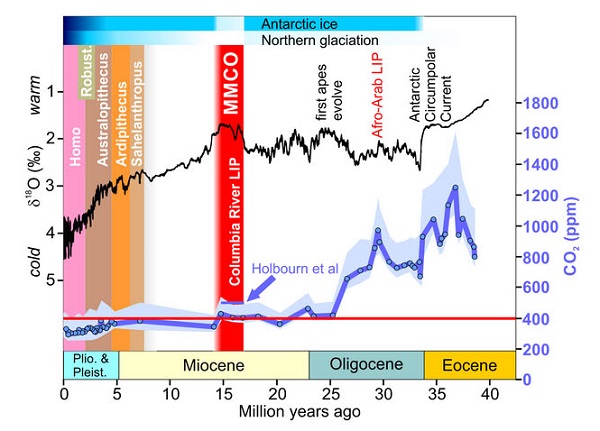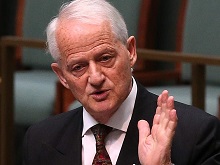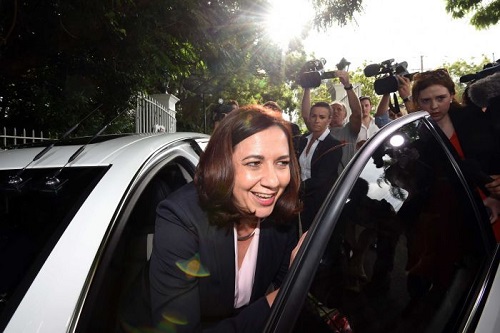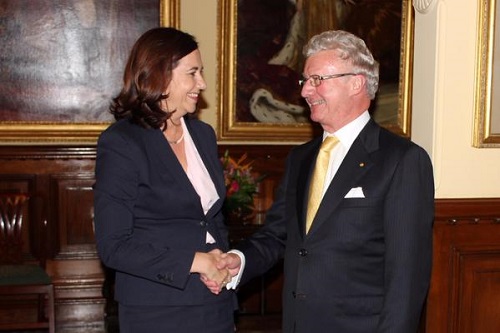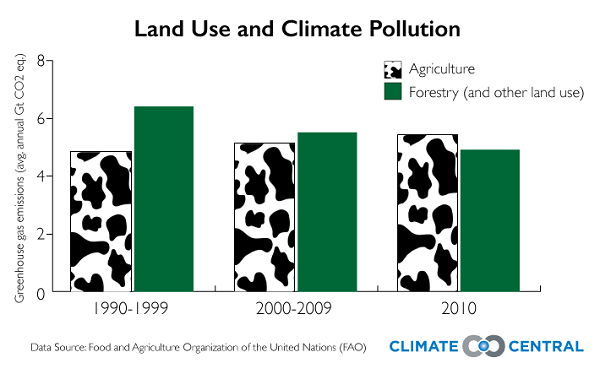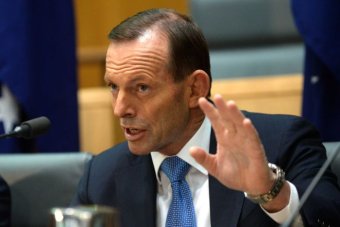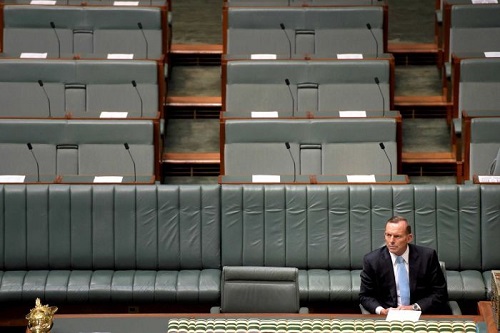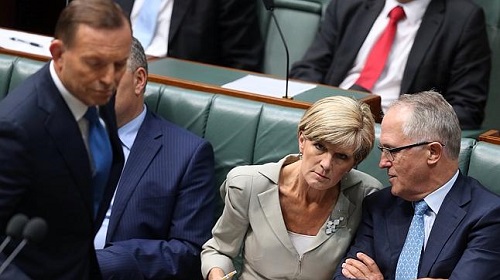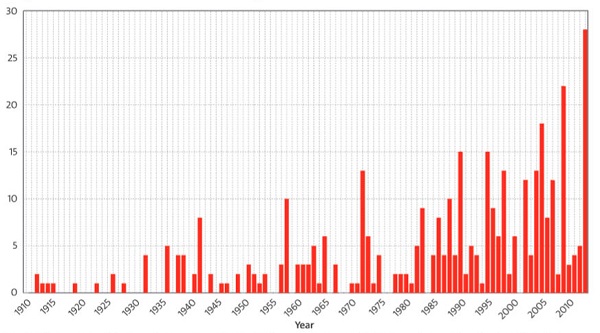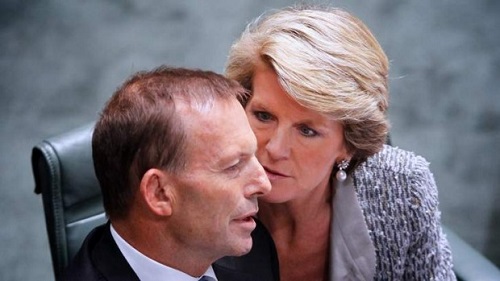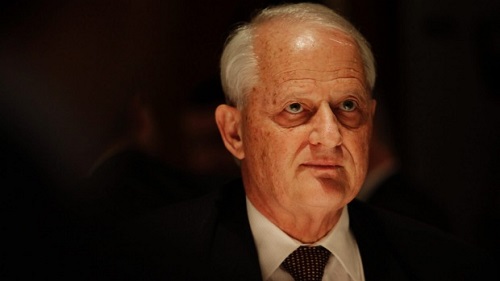
Nicholas Stuart thinks that when Tony Abbott sacked Chief Whip Philip Ruddock he lost the conservative core of the Liberal Party.
From the moment Ruddock’s removal was announced, late on Friday afternoon as part of a desperate attempt to bury the revelation, it became quite apparent Abbott’s time is up. His prime ministership is in its death throes. The only question is when. The issue that decides the timing of his demise will be the budget.
On the budget Stuart thinks Joe Hockey has simply given up and Mathias Cormann can’t do it on his own.
The key question facing Liberals when the party next meets in March is whether a new leadership team can craft a budget in the time available. Urgent action is required to both raise income and curb spending. The biggest problem for business confidence at the moment is that no one trusts the direction of the government. This crisis becomes apparent if you project the forward estimates out beyond the budget. Expenditure is growing faster than revenue. It’s unsustainable.
Meanwhile Abbott tries to distract us with talk about bad people treating us like mugs and terrorism. When Parliament meets next week he is going to address the gathered assembly on security.
Stuart finds that it is “in the national security space that Abbott’s egregious blundering has becoming most apparent.”
In Iraq our troops effectively watch from the sidelines. Iraq doesn’t even want our aircraft based there.
On submarines “Abbott wants to blind us into a tight alliance against China and he’s selling out our manufacturing and intellectual industries while he does so.”
Abbott has no concept of Australia producing anything. Defence research has been slashed, and now the government’s arbitrarily changing specs for our new armoured vehicle project.
On pay and conditions:
Effectively cutting remuneration for those in uniform is not just political suicide, it’s economically idiotic. It targets morale. It should also be a great way to win votes in marginal electorates – for Labor.
In the Fin Review Phillip Coorey says (paywalled) says MPs are angry and that the Ruddock sacking beggars belief.
He says that Ruddock struggled to get a hearing with Abbott, so he encouraged back benchers with concerns to take them to the Prime Minister’s Ofiice. There they were either refused a hearing or had their concerns dismissed.
One MP reported that under Howard the Chief Whip always attended full ministry meetings but this practice was stopped under Abbott.
Mungo MacCallum thinks the problem is with Abbott’s style:
Abbott has always believed that the best, indeed the only, form of defence is attack. At a long-ago bout in Oxford, an admiring reviewer said of the then Rhodes scholar: “No-style Abbott’s a real smasher!”
He won both that fight and a university blue, and in the 35 years hat have followed, not much has changed. Our Prime Minister is still reluctant to consult and conciliate when unbridled aggression will suffice – and it’s more fun, too.
Meanwhile Essential Poll found that LNP voters were spit over whether Abbott should stay on as PM.
Some 48% of LNP voters believed Abbott should stay on as leader until the next election, 34% said he should be given six months to improve and 14% said he should be removed immediately. Overall though:
39% said he should be replaced as soon as possible, while 22% gave him six months and 28% said he should be kept on until the election.
At New Matilda Ben Eltham writes that Tony Abbott’s biggest problem is not leadership instability, it’s the economy. The government has been asleep at the wheel on the economy from the outset and now is in a state of paralysis, more concerned with its own political survival.
The previous post on the Ruddock sacking is here.

